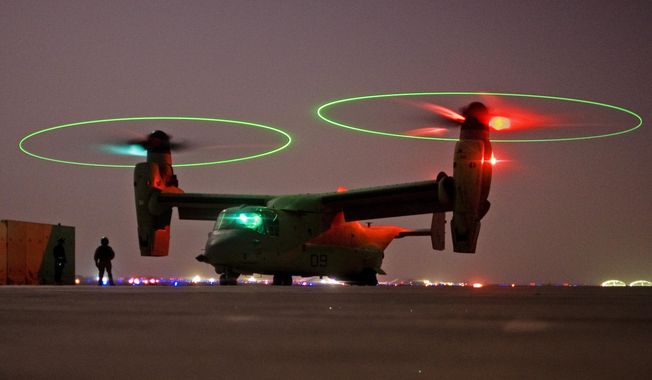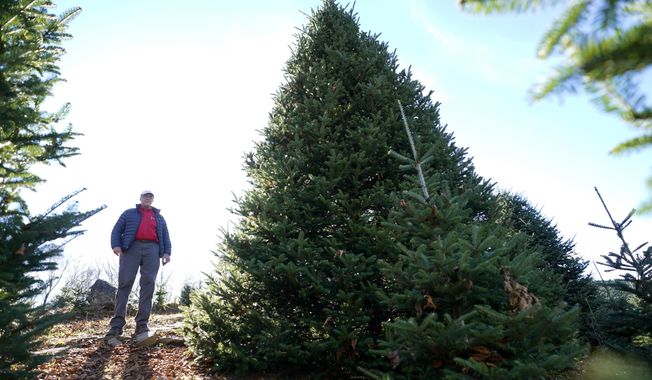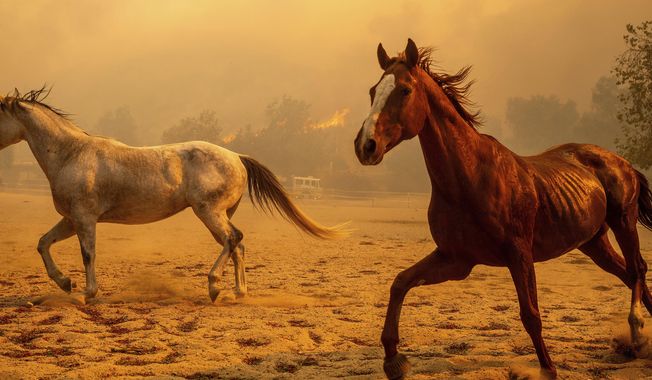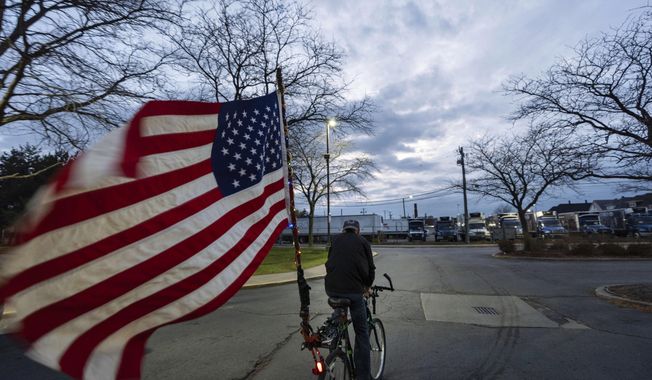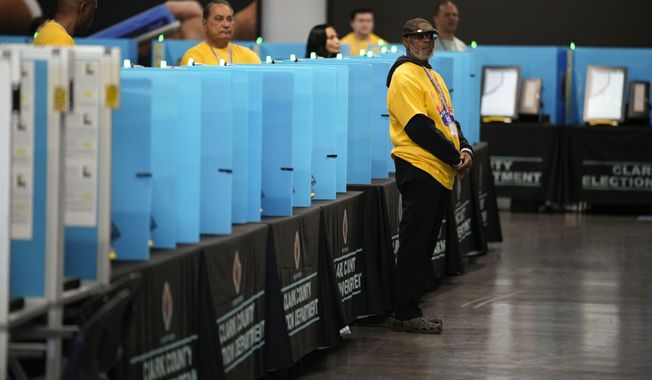
FILE - In this March 2, 2013 file photo, a view of an oil field under control of Kurdish militias near the town of Deriq, in a Kurdish area of Syria, near the border with Iraq. The Islamic State militants, who once relied on wealthy Persian Gulf nations for money, have become a self-sustaining financial juggernaut, earning more than $3 million a day from oil smuggling, human trafficking, theft and extortion, according to U.S. intelligence officials and private experts. The group, which has taken over large sections of Syria and Iraq, controls as many as 11 oil fields in both countries, analysts say. It is selling oil and other goods through generations-old smuggling networks under the noses of some of the same governments it is fighting: Kurdish-controlled northern Iraq, Turkey and Jordan. (AP Photo/Manu Brabo, File)
Featured Photo Galleries




Trump Transition: Here are the people Trump has picked for key positions so far
President-elect Donald Trump has announced a flurry of picks for his incoming administration. Get full coverage of the Trump transition from The Washingon Times.

Trump dances onstage, takes post-election nation by storm
President-elect Trump dances onstage
